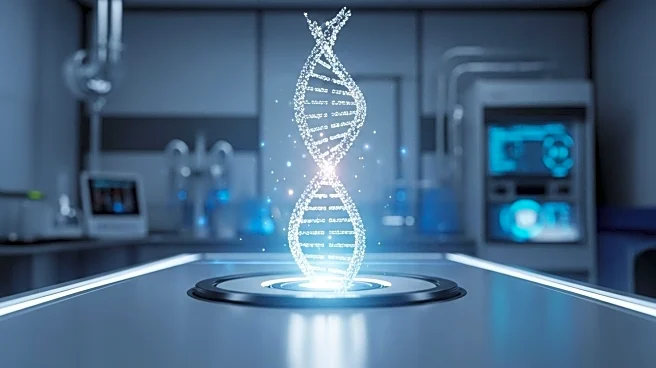What's Happening?
Colossal Biosciences, a Dallas-based biotech company, has announced significant progress in its efforts to bring back the extinct dodo bird. The company has successfully grown pigeon primordial germ cells (PGCs) in the lab, marking a scientific first. Additionally, they have bred gene-edited chickens to potentially serve as surrogates for the dodo and other extinct birds. These developments are part of Colossal's broader goal to restore key traits and ecological functions of extinct species using minimal genetic edits. The company has also sequenced the genomes of the dodo's closest relatives, which will aid in their efforts to create a dodo-like bird.
Why It's Important?
The advancements by Colossal Biosciences could have significant implications for biodiversity and conservation efforts. By potentially restoring extinct species, the company aims to enhance ecosystem resilience and address the biodiversity crisis. However, the approach has sparked debate among scientists, with some questioning the feasibility and ethical implications of 'de-extinction.' The company's work could inspire new conservation strategies and technological innovations in genetic engineering, potentially benefiting ecosystems and scientific understanding of species restoration.
What's Next?
Colossal Biosciences plans to continue refining its genetic editing techniques and collaborate with local researchers in Mauritius, the dodo's native habitat, to eventually reintroduce the species. The company anticipates achieving dodo de-extinction within the next five to seven years. As the project progresses, it may face regulatory and ethical challenges, as well as scrutiny from the scientific community regarding the ecological impact and authenticity of the 'resurrected' species.









